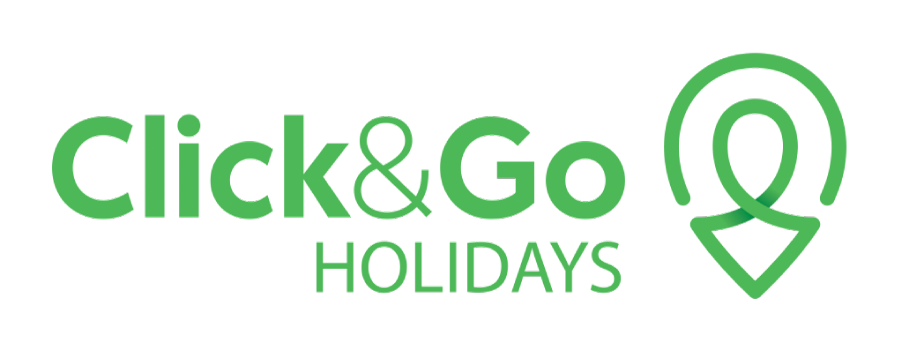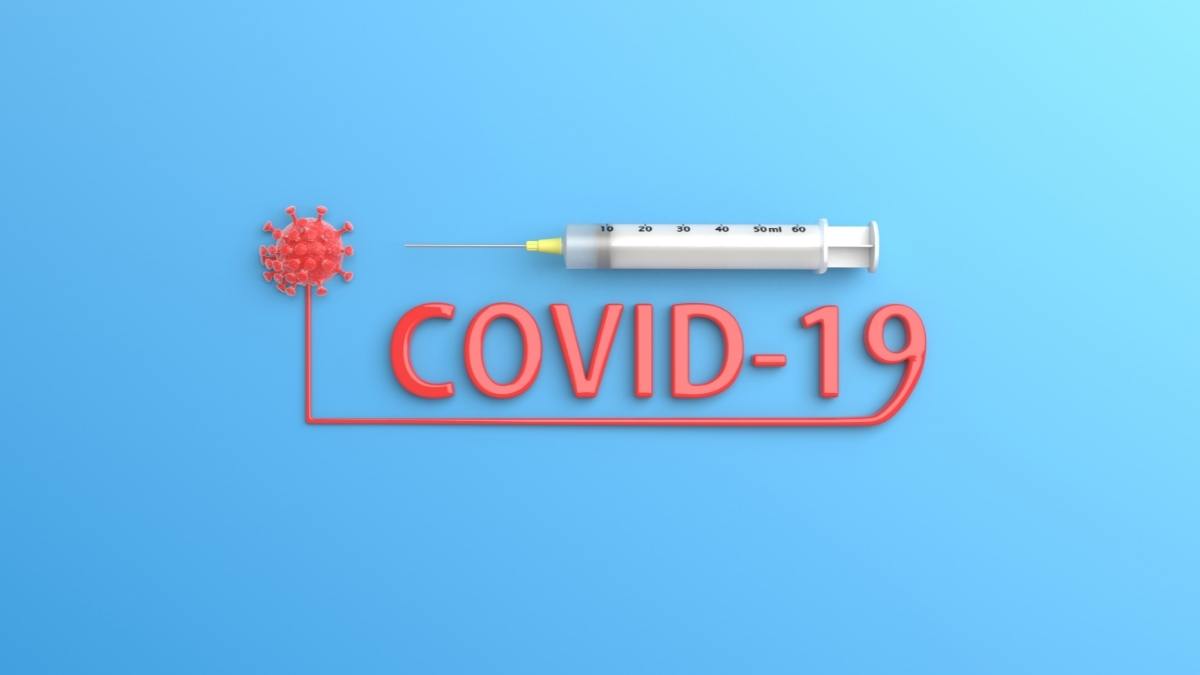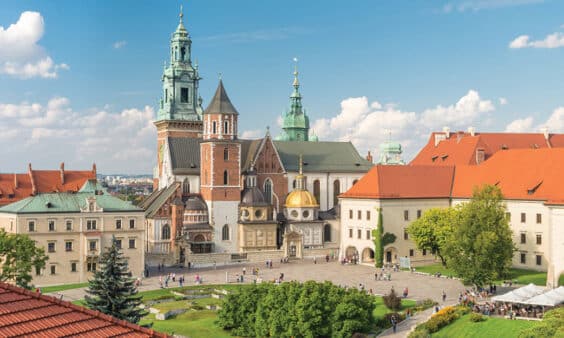It’s 6 months since Ireland’s COVID-19 vaccination rollout started. On the 29th of December, a lifetime in pandemic time, the first COVID-19 Pfizer BioNTech vaccine was administered. Although it had a slow start and we battled through a third wave, Ireland is making progress and life is starting to return to a semblance of normality. So how are we doing 6 months later?
How is the vaccine rollout progressing?
As of the 27th of June, almost 3.9 million vaccine doses have been administered. 2.45 million people have received their first dose and 1.5 million people are now fully vaccinated against COVID-19. There are now the lowest number of people in hospital and ICU with COVID-19 since the 15th of September – a huge achievement thanks to everyone in the country doing their bit.
The success of the vaccine can be seen in not just those numbers, but the number of new cases in the older age groups. The incidence rate of COVID-19 in those aged 55-64 is continuously dropping as people become fully protected. There has been a 90% uptake among over-60s and 87% among those in their 50s.
Another positive development is that community pharmacies can now administer single-shot Janssen vaccines to those over 50 who may have missed out on their vaccine or couldn’t get to a vaccination centre.
Is there enough vaccine supply to meet demand?
Last week, the State received three deliveries of vaccines, each exceeding previous deliveries. There will be two deliveries from Pfizer of 317,000 and 318,000 vaccine doses. There will also be one delivery from AstraZeneca with 300,000 vaccine doses.
This vaccine supply means that the pace of the vaccination rollout can continue at its current increased rate. In the past 3 weeks, over 300,000 vaccine doses have been administered each week.
What are the next steps in the vaccine rollout?
Those aged 39-35 can now register for their COVID-19 vaccines. This age group will be receiving one of the mRNA vaccines, either Pfizer BioNTech or Moderna. The HSE’s Chief Clinical Officer, Dr Colm Henry, hopes that all those in the 30-39 age group will have received at least one dose of the vaccine by the end of July. They will then receive their second dose 4 weeks later. Dr Henry also hopes to begin vaccinating people in the 20s towards the end of July or early August.
Are the vaccines effective against the Delta variant?
The Delta variant, the one originating in India, now accounts for roughly 20% of cases reported in the past week. The good news is, the vaccines, even with just one dose are quite effective at protecting you from the Delta variant.
Research from Public Health England shows that after 1 dose, Pfizer is 94% effective and AstraZeneca is 71% effective against it. After 2 doses, Pfizer is 96% effective and AstraZeneca is 92% effective against it.
How will the vaccine rollout affect the return of international travel?
International travel will return on the 19th of July – read our top FAQs about its return here. The new EU Digital COVID Certificate will also be available to Irish residents then. The Digital COVID Certificate (DCC) allows EU residents to travel freely without restrictions or quarantines once they meet the criteria of the Cert, which is:
- You have been fully vaccinated against COVID-19
- You have received a negative PCR test within 72hrs
- You have recovered from COVID-19 in the last 6 months
The HSE will contact people who are vaccinated or have recovered from COVID-19 by email. You can then opt in to download your DCC to your phone or have a physical paper copy.
If you aren’t vaccinated or haven’t recovered from COVID-19, you’ll need a PCR test. At the time of writing, some countries, such as Portugal and Greece, are accepting rapid antigen tests for entry to their country, but for most, it’s a PCR test. You should check entry requirements for your destination country on the Department of Foreign Affairs website before you depart. You will need a negative PCR test result 72hrs before you arrive back in Ireland. This means those who haven’t been called or registered for the vaccine can still travel.
Ireland has applied for a chunk of a €100m EU fund to subsidise the cost of PCR tests for those who wish to travel. This fund aims to reduce any barrier to travel so EU residents can move freely without incurring any additional costs.
The vaccine rollout shouldn’t have any negative impact on the return of international travel. As the pace of the rollout continues and as the vaccines prove to be effective against any new variant, travel should seamlessly return from mid-July. Across Europe, vaccines are being rolled out at a similar pace as in Ireland – you see the progress across Europe here. All EU countries hope to have up to 80% of their adult population vaccinated before September.




